My Favorite Products From 2020, Part 1
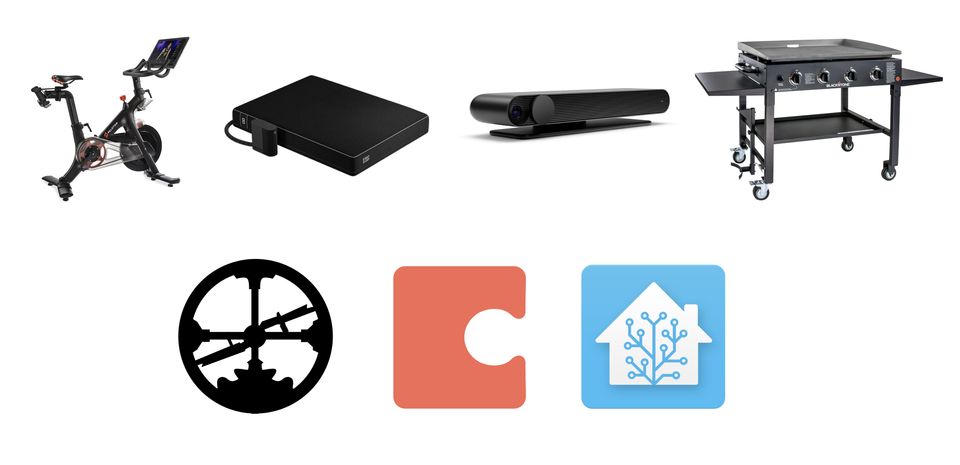
We’ll get this out of the way real quick: 2020 sucked for the most part. Beyond all of the obvious bits as to why it was a crap year, without commutes or any semblance of a social calendar we all became very familiar with the interior of our dwellings. Some left cities for greener pastures, some painted every last wall they could cover, and I in a largely technology-focused way thought it would be a good time to optimize my environment given the circumstance.
It seemed like every aspect of my home and digital life went under scrutiny to figure out if it could be better than it was. No doubt there is still plenty to improve in the areas of my health, time management, etc. but at least for the things that could easily be controlled I dug in to see what could be updated.
This is part 1 of a roundup of many of the products I discovered in 2020 that made a meaningful improvement in my home, digital life, overall wellbeing, or happiness. It’s not comprehensive by any means, but rather a snapshot of the products I felt had the most impact. Sometime later I’ll likely go back to a few of these and dig in as to the many reasons I find them so great, but for now I’ll share the highlights. The order that follows is generally what I’d consider the most to least impactful.
Note: this post contains a handful of affiliate links.
Peloton
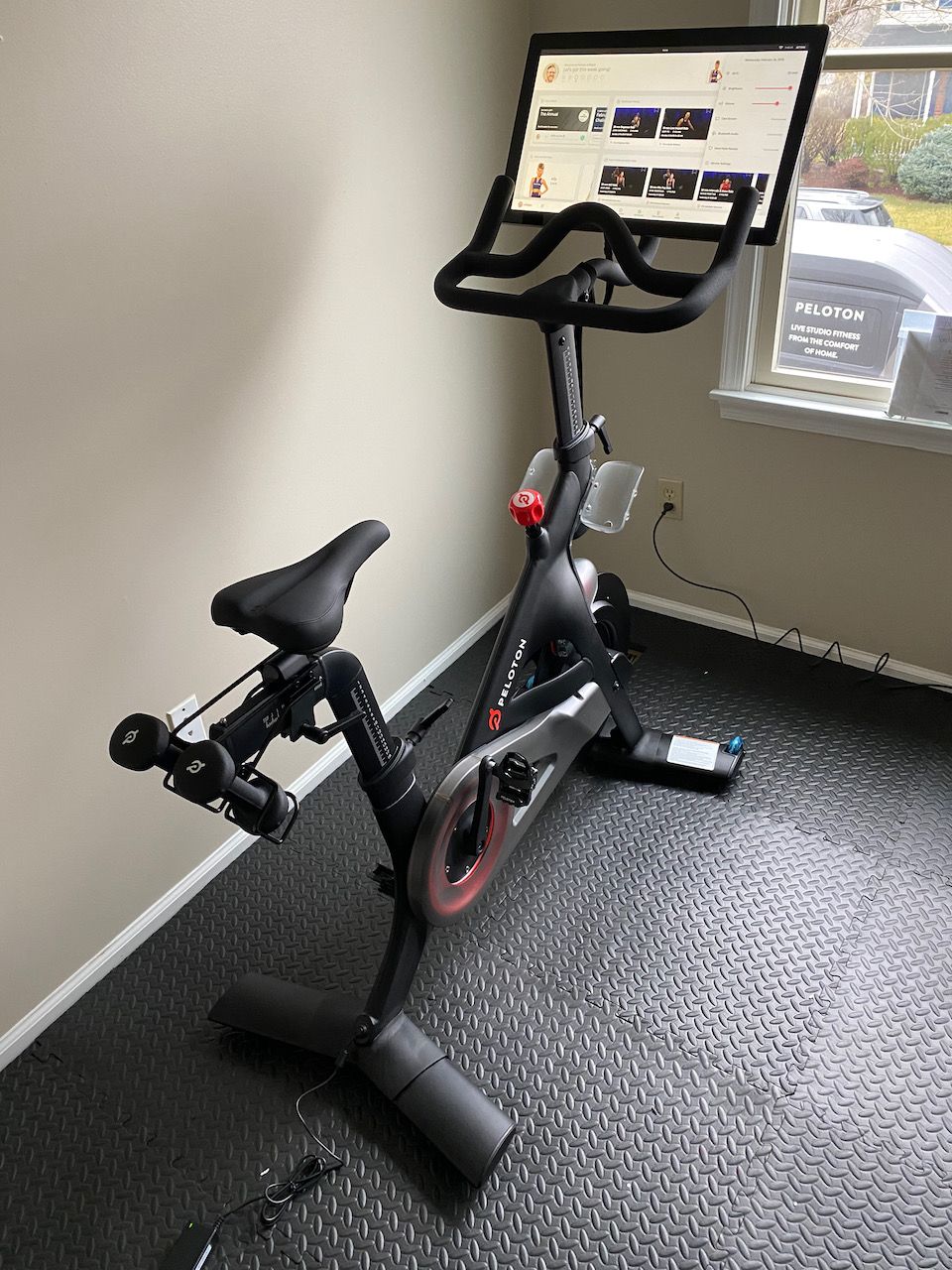
Check it out here: https://onepeloton.com
Next to my Apple Watch, no product has been more impactful on my fitness and overall health than the Peloton Bike that I got in February 2020. This year from March to October, according to my Apple Watch, I averaged over 975 kcals of active energy burn daily. That is almost 2x what I had done the year prior. Throughout the year my resting heart rate slowed almost 10%, and despite some anxiety and things related to the issues of the world, my sleep was actually improving.
Now, it’s not like I was banging out some crazy ride every day. Sure, while there might have been some weeks where I rode practically every day, that’s not what got me to such a high rate of activity. It was just that my Peloton helped to encourage better habits. I no longer had an excuse for inactivity on days that were rainy. If my Apple Watch told me I was a little low on my activity for the day, I’d just hop on for 15 minutes and ride a bit. The Peloton kept my fitness flywheel (pun intended) going so I was always able to remain active.
No doubt it’s a luxury product, an expensive one at that. But by setting it up through the Affirm financing, its cost became roughly similar to that of a big city gym—something that seemed more manageable. Having had it now for almost a year I can say without a doubt that I’d recommend it to anyone.
Roam Research
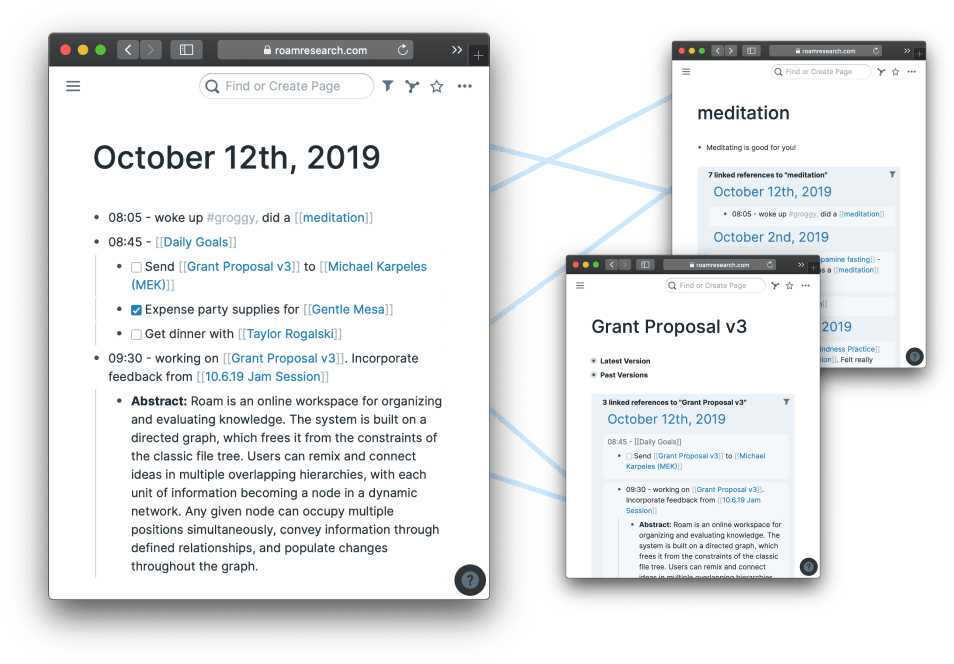
Check it out here: https://roamresearch.com
In much the same way that my Peloton had a dramatic impact on my fitness, Roam has ushered in the most dramatic change to my personal productivity and note taking habits, by far. I’ve tried just about every productivity tool under the sun and often find that while each have their merits, the truth is that few have ever stuck for me. Along those lines, ages ago I tried Roam and found at the time that it wasn’t quite for me.
Something shifted though as I dug deeper into the “Roam Cult”. Seeing how well it was working for others, I knew I had to be missing something—so into the YouTube rabbit hole I went. What I found was a wealth of inspiration for how others were using Roam effectively, and it laid out a path around how I might be able to achieve the same.
What’s different about Roam is in how you write and how it’s organized. Most software puts the organization up front—you select your folders, create a new note, and then start writing within it. Roam flips that on its head and your entry point is an automatically generated note each day, with powerful organizational methods and tools that you can employ after the fact.
Nowadays I write thousands of words daily, into meeting notes, journal entries, execution notes on things I’m working on, etc. Over time my Roam database has turned into my own personal Wikipedia where I can revisit the thoughts in my past, ideas I continue to tinker on, and conversations I’d like to remember. It’s become my second brain.
While it’s not for the faint of heart, its intimidating nature can be subdued a bit with some walkthrough videos. Roam has been a once-in-a-decade kind of software product for me.
Eight Sleep
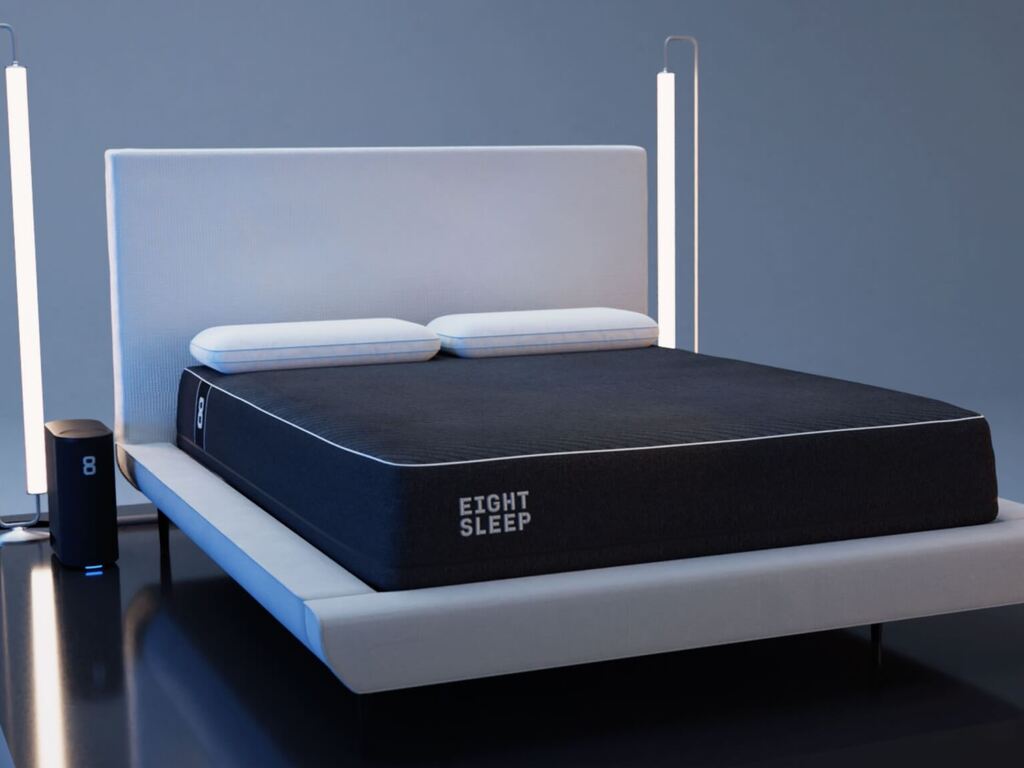
Check it out here: https://www.eightsleep.com
2019 Matt did not know what thermoregulation was, but 2020 Matt was happy to discover it after a few months of some challenging sleep. At the beginning of the year, I was having some rough nights. Added to that was my quarantine-triggered increase in alcohol consumption, and mounds of new anxieties on top. So as the year ticked on, and I was able to get many of the variables that were leading to my poor sleep under control, I kept hearing about this “thermoregulation” thing and became intrigued.
As I would make my daily rounds on Twitter, I kept seeing a new company pop up over and over again among some of the more health conscious people I knew: Eight Sleep. They had a mattress and mattress cover that used water, both heated and cooled, to regulate one’s temperature while in bed. As someone who runs quite hot under the covers, this whole prospect interested me greatly. What if I could just slap their Pod Pro cover on my mattress and get *even better* sleep?
Well as you can probably guess, it’s the third up on my list because it worked. Within just a few short weeks I was noticing that my sleep sessions were longer, deeper, and more restorative. I was less groggy in the mornings, and my sometimes five and six hour nights of sleep were turning into seven, eight, and (as was two nights ago) nine hours long! As with many health-related products everyone’s personal mileage might vary, but my Eight Sleep Pod Pro cover seems like it'll go far for me.
Facebook Portal
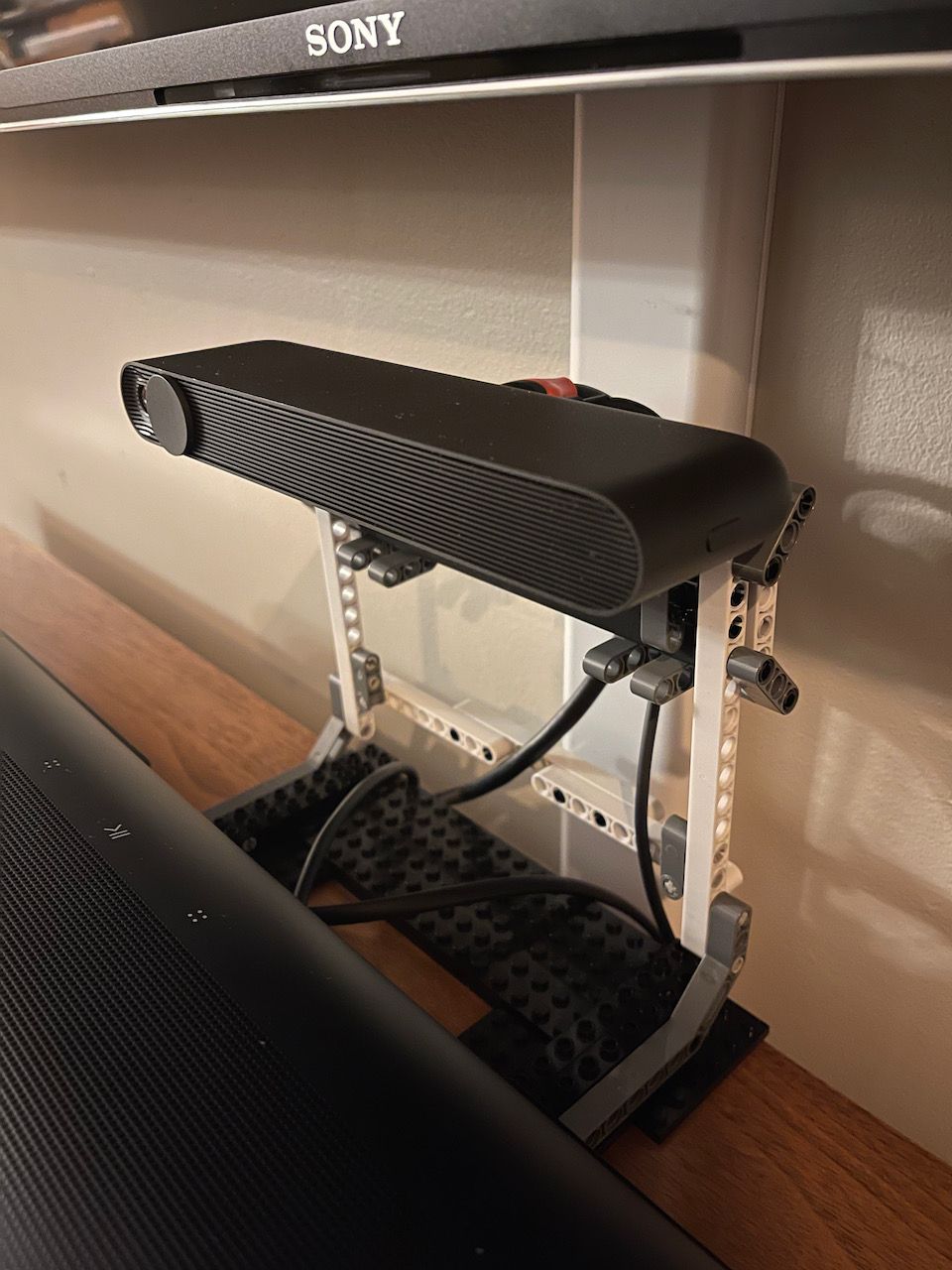
Check it out here: https://portal.facebook.com
If you would have told me that by year’s end I would have a hardware product from Facebook, with a built-in camera and microphone, that I actually invited in and ended up liking, I would have told you to run, not walk, to the nearest psychiatric ward. So to underscore here—no, I am not a big fan of Facebook or its core products. But with Portal it’s just so dang good that the trade-offs seemed well worth it.
As the fall was approaching last year, and it was clear that my son and I wouldn’t be able to visit my family back in Illinois, and they likely wouldn’t be able to visit us either, I started to think of alternative options. I didn’t want my folks to miss Nash’s growing up, and I didn’t want him to miss opportunities to enjoy their company. Peppered through my Twitter timeline throughout the year I’d see folks sharing their positive outlook on Facebook’s Portal product, so along with some of my family we all dove right in.
Once it’s set up, the Portal products are more readily available and often easier to operate than the video conferencing options relegated to our phones and computers. The real-time zoom-in-and-around camera tracking that’s automatic makes for a much needed framing solution for an ever-on-the-move toddler. When paired with a bigger screen, the Portal TV makes it feel like your house is connected right to whoever’s on the other end—it’s impressive. The simplicity of the product and UI seems purpose-built to be approachable for the less tech-savvy folks in your life.
My family's collective experience with it has been excellent. My mom and brother have since been able to read stories to my son at bedtime. We were all able to enjoy a more connected Christmas than would have otherwise been possible. The Portal devices have without question helped my family stay connected through these difficult times, and I am extremely grateful for that.
Coda
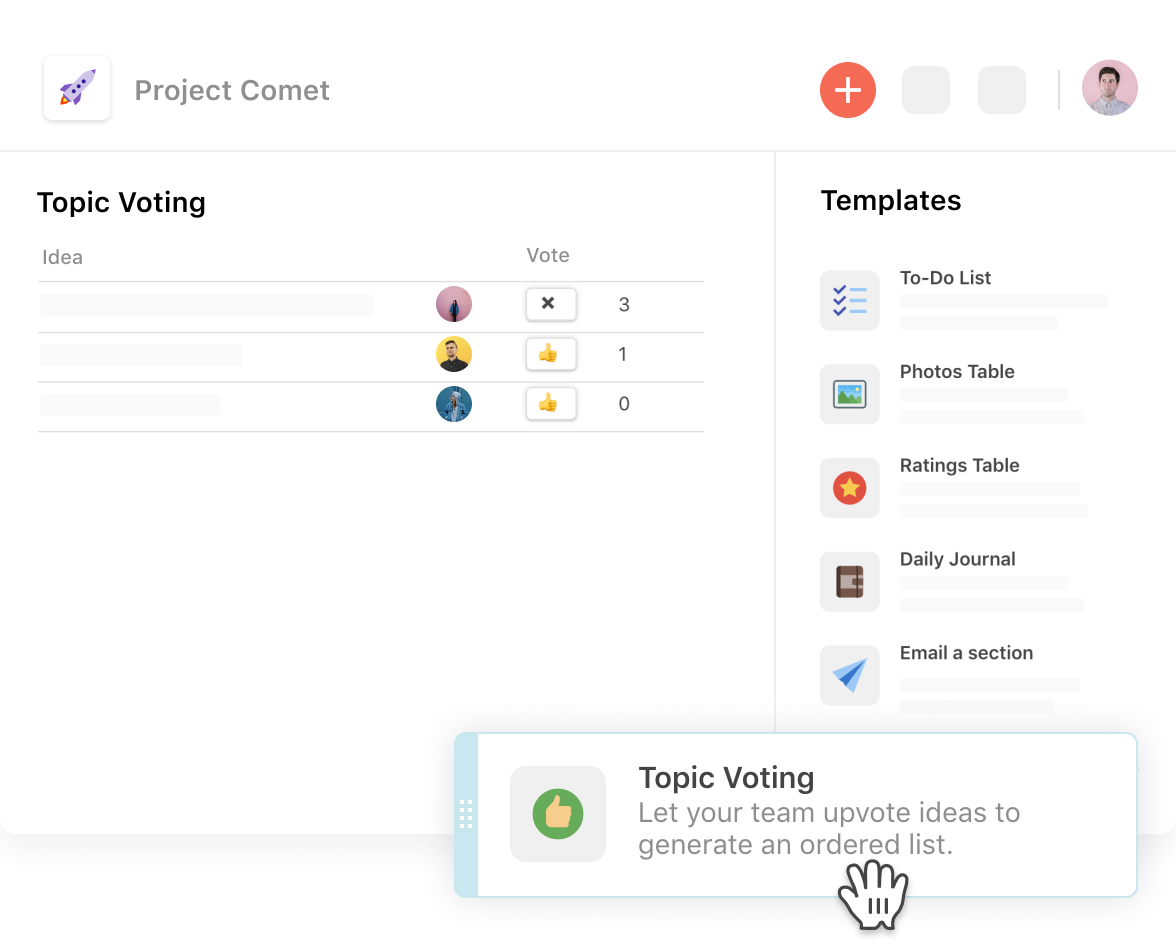
Check it out here: https://coda.io
As previously mentioned with the Roam entry, I have tried just about every productivity tool in existence and tend to form an opinion quickly with each of them. Like Roam, I was relatively swift to dismiss Coda but honestly, it was my own dang fault—I didn't fully grasp the power that it had. At first glance, it looked like Notion, Dropbox Paper, and the litany of other document-focused tools out there. Without much further investigation, it didn't appear different enough to warrant a try. Boy was I wrong.
What sets Coda apart from the bunch is its deep-rooted DNA in Excel-like formulas. They're woven throughout the product and can be used to make complex tables, pages, even buttons (I'll get into that later). If you're at all familiar with Excel, then Coda could be a pretty quick learning curve. Though instead of tables you build databases, with lots of methods for calling on those entries elsewhere.
If you only scratch the surface of the software, it's still 10x better than Google Docs or the like. But the moment you dig deeper into its capability, Coda will no doubt blow you away. In the earliest days I perused their template library and tried to reverse engineer how they worked. Spend more time and you'll discover that it's possible to build full-blown no-code software projects right within its walls—something I went deep on throughout 2020. It's truly incredible what the app is capable of.
Home Assistant
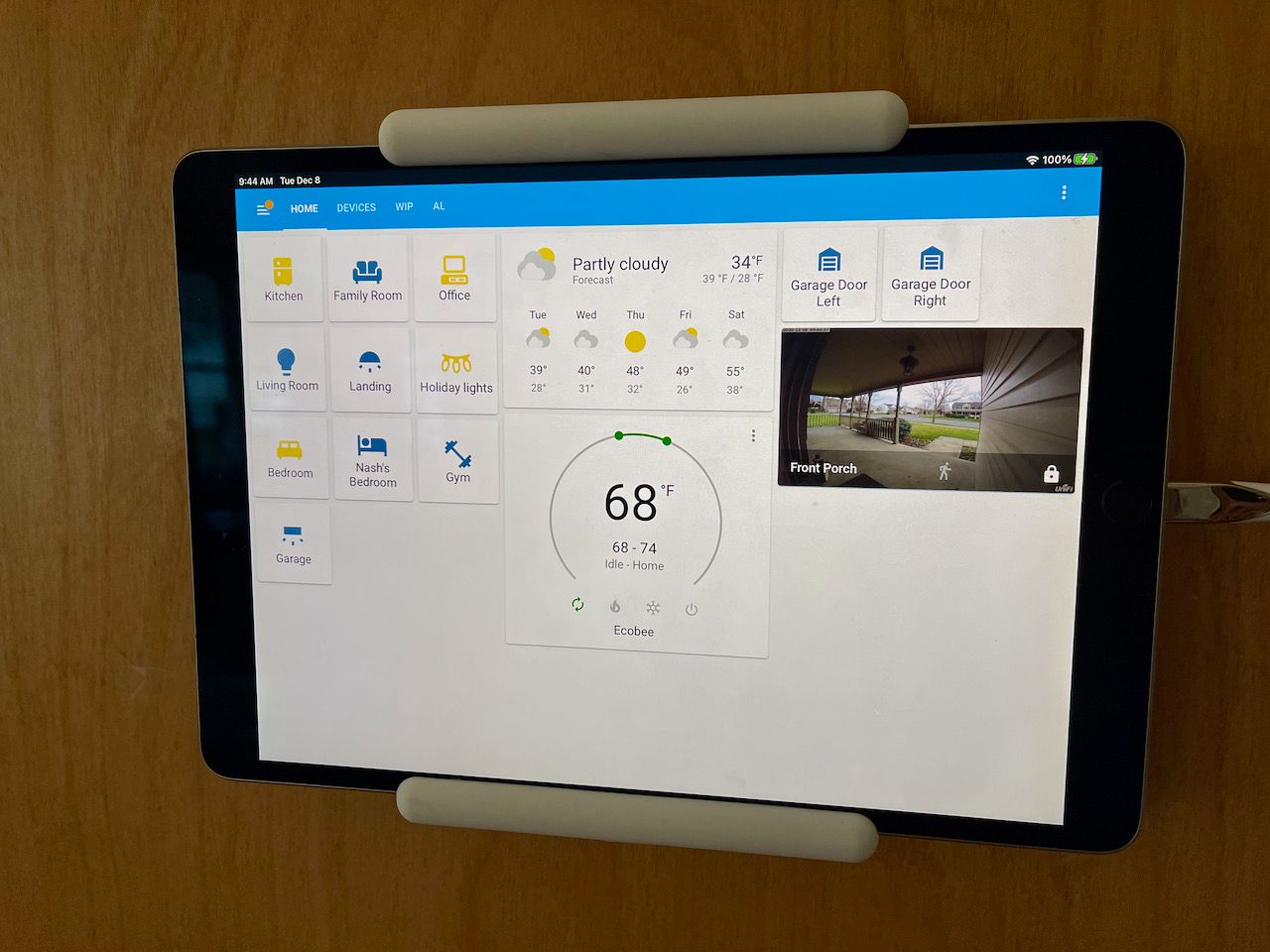
Check it out here: https://www.home-assistant.io
When I was a little kid and went to Disney World with my family, the "Home of the Future" exhibit at Tomorrowland in Epcot blew me away. Nearly 25 years ago I'd see examples of home automation, smart lighting, and loads of other fancy gear that have stuck in my mind through all these years. So it probably comes as no surprise that in my adult life I'd whip together some sort of smart home solution myself. A few years back when Apple introduced HomeKit I got into that at first, starting with a few Philips Hue bulbs. Even just playing around with the color of the lights from my iPhone felt novel.
Fast forward to now and with the help of Home Assistant I've set up one crazy smart home. Sure, your basic lighting automations are there—but so is the notification that I receive to my phone when my (not so smart) washing machine and dryer are done with their cycles!

Home Assistant is an open source software solution that you run on a local computer, in my case an Intel NUC (and before that a Raspberry Pi). It acts as the brain of the operation, communicating with all of the disparate home gadgets (even Zigbee and Z Wave ones) and services you might be working with. What sets it apart from solutions like HomeKit is in its comprehensiveness, and that it can be run entirely locally, unlike Alexa or Google Assistant.
I should be clear, though, that it is not for those lacking in the fortitude to work through annoying and sometimes tedious coding sessions. All of the work that I've poured into it feels worth it though in now having a deeply integrated home, complete with some convenient automations. I'm reminded just how useful it is each time I fire up Zoom on my computer, and my camera lighting turns on without intervention—like magic.
Blackstone Griddle
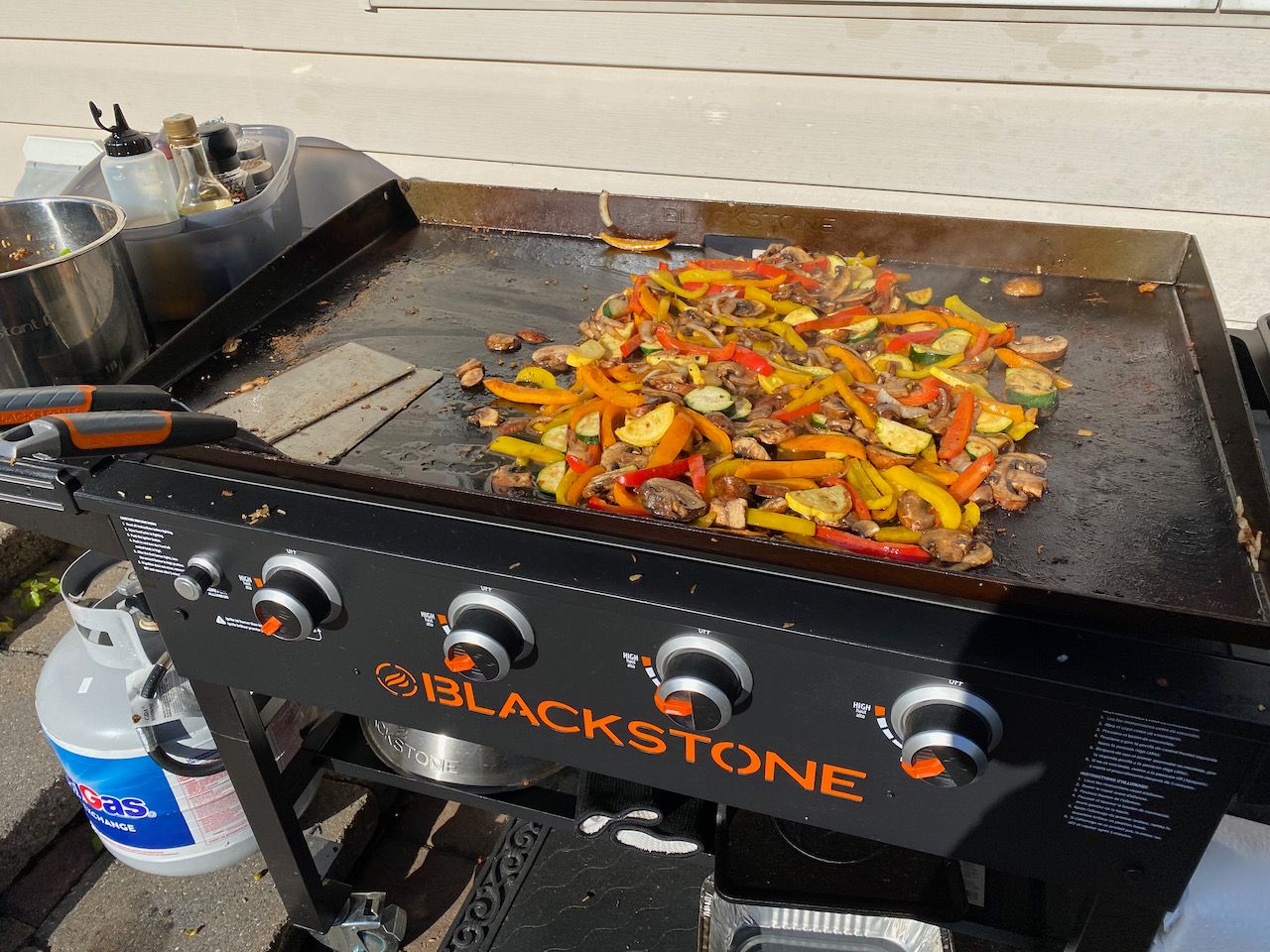
Check it out here: https://blackstoneproducts.com
When I was looking at new places to move to at the begging of last year one thing stood out that I wanted to see in it—a nice outdoor space where I could do some grilling. So once I found the spot and moved in, thus began the search for some sort of grilling solution to add to the patio. At first I had a look at all the traditional gas and charcoal grills out there, but none really spoke to me. It seemed like it might be a good idea to check out what other kinds of grills folks were excited about, so searching through some Reddit communities was my next task. That's when I found /r/blackstonegriddle.
I had seen the Blackstone (and similar) flat top griddles in the hardware store, but had never really cared enough for a longer look. After seeing pictures in the subreddit of massive breakfasts, hibachi-style dinners, and perfectly seared smash burgers, I felt like this one might be for me. The best part? These things are a seriously great value—clocking in somewhere around $300 (less than half that of a comparable quality grill).
This last summer my new Blackstone saw a ton of use. There wasn't a meal I tried cooking on it that I didn't love (and others too). My favorite thing to cook on the flat top quickly became the smash burger—accomplished through a thoroughly pressing a ball of beef into a ripping hot surface. Within a few sessions I was cranking out restaurant-quality burgers (and promptly inhaling them once finished). Shout out to burger legend George Motz whose videos (and books) had me trying out all kinds of new stuff.
The whole experience around cooking with the Blackstone was a big highlight from my 2020 and anyone looking for a grill this year would do well by checking them out. And now…I will leave with some beautiful burger porn…
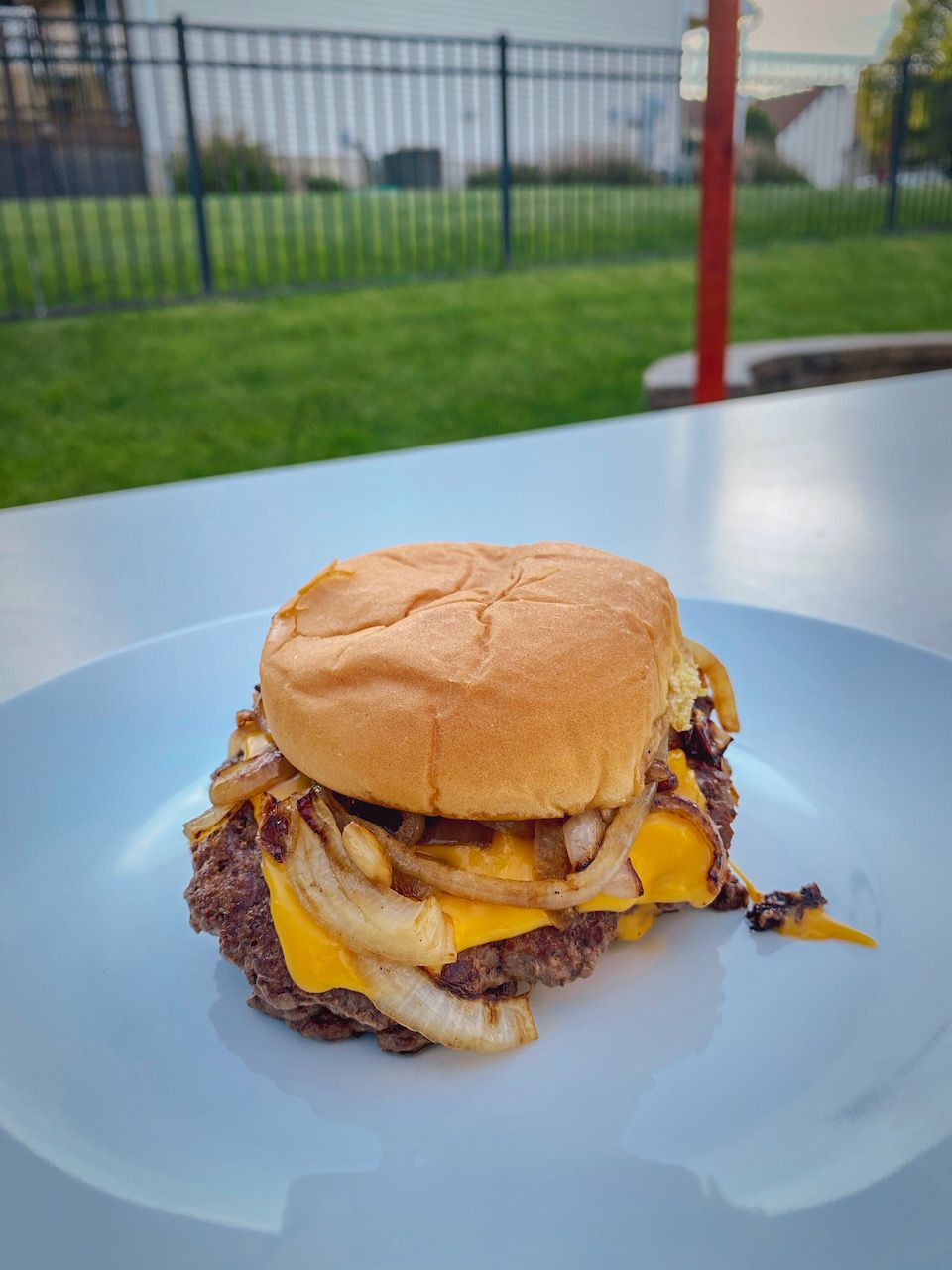
Next up…
If you made it this far and liked what you've read, be sure to sign up for my newsletter to get the next edition delivered to your inbox!
If you're looking for Part 2, you can check that out here!